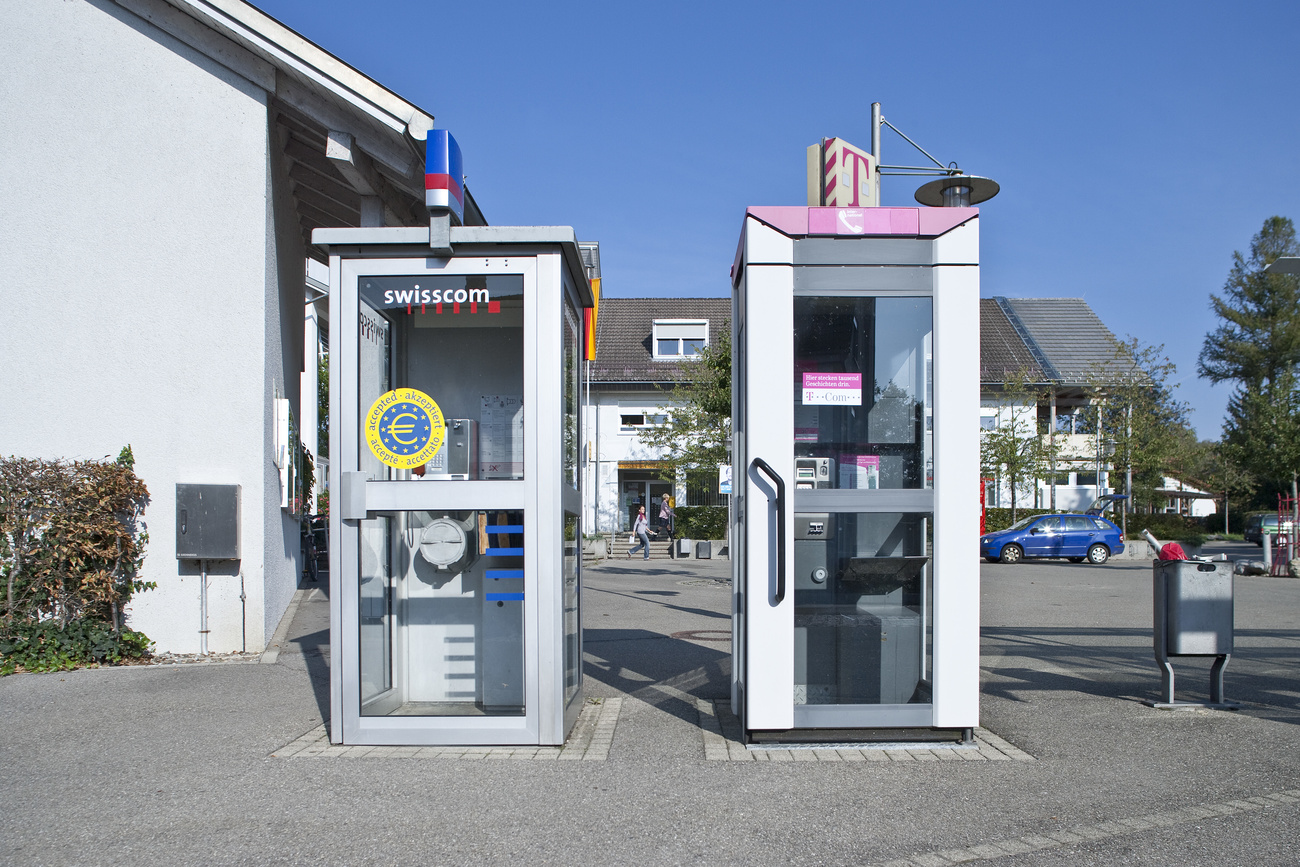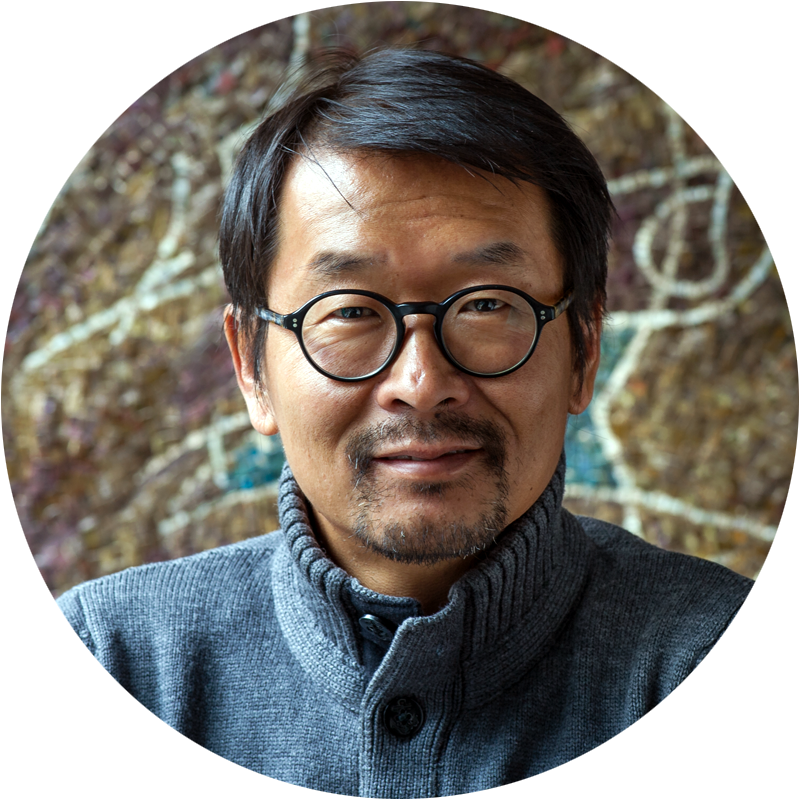
The curious case of the German village surrounded by Switzerland

Campione d’Italia is not the only exclave in Switzerland. By the vagaries of history, Büsingen am Hochrhein is a municipality of about 1,500 inhabitants encircled by Swiss territory. But the two towns, similar in many respects, have a very different history.
If you drive from the centre of Schaffhausen, a city in northern Switzerland, east along the River Rhine, after less than four kilometres you’ll arrive in Büsingen, Germany.
Today, as in the past, there is no customs point between the two countries and no border guards. If you carry on east, you’ll pass through Büsingen and re-enter Switzerland within five minutes. Only small features – the post box, a bank sign, a bus stop – alert the attentive eye that it’s another country.
Why is Büsingen not part of Switzerland? As is often the case, it’s complicated. Although we could go back centuries, let’s begin in 1770, when the Habsburgs sold the land rights of the village of Dörflingen, bordering Büsingen to the east, to the confederate Zurich.
Büsingen suddenly found itself surrounded by Swiss municipalities, turning into a foreign exclave on Swiss territory. Initially Austrian, Büsingen later passed to the Grand Duchy of Baden, then under the Weimar Republic to the state of Baden, after the Second World War to Südbaden and finally from 1952 to the state of Baden-Württemberg.
During the Pressen Talks of 1805 (Peace of Pressburg after the Austrian defeat at Austerlitz) between Francis I and Napoleon, Anterior Austria (the term used to refer to the former Habsburg possessions scattered across southwestern Germany) was divided between the Grand Duchy of Baden and the Kingdom of Württemberg. Thus Büsingen was annexed to the Kingdom of Württemberg. Less than five years later it passed to the Grand Duchy of Baden.
Until then, the inhabitants of Büsingen had to accept the decisions of the powerful without ever being able to express their will. It was only after the First World War that they tried to take their destiny into their own hands: in 1918 a referendum was held in Büsingen in which 96% of voters supported the annexation of the German town to the Swiss Confederation. Switzerland considered the request but refused the annexation.
Between the end of the First World War and the rise of the Nazis in Germany, Büsingen made several attempts to join Switzerland, all of which failed due to firm, often threatening opposition from Baden.
Throughout the Second World War, Switzerland kept the border closed and Büsingen was isolated from the rest of Germany. After the war, a British member of the House of Commons proposed that Büsingen be incorporated into Switzerland. The Swiss government firmly opposed this.
At the end of the war, when it came to regulating the borders of canton Schaffhausen with Germany, Büsingen was once again discussed, but the firm opposition of the Constance district finally ended all discussions.
The village lies on a hill that slopes gently down to the Rhine. Beyond the river, which turns 90 degrees to the south at Büsingen, lies canton Thurgau. Otherwise Büsingen is encircled by canton Schaffhausen (apart from the 200 metres of Rhine that the German exclave shares with canton Zurich).
From the little church of St Michael (Bergkirche St Michael) high above the village or from the vineyards that climb the hill to the north of the exclave, tourists see only Switzerland. To the east, however, past the tennis courts and football pitch, and a strip of Swiss land no more than 500 metres wide, one enters Germany again.

The village is thus separated from the German motherland by only 500 metres – a corridor that the Constance district in the last negotiations in 1956 asked Switzerland for in order to directly connect Büsingen to the rest of Germany, but to no avail: Switzerland couldn’t identify a suitable piece of German land to ask for in return.
But even just a few metres can create quite a few practical problems for the everyday lives of the German citizens of Büsingen (a quarter of the 1,541 residents are Swiss).
International treaty
To solve these problems, the relationship between the exclave and Switzerland was defined in 1964 in a treaty between the Swiss Confederation and the Federal Republic of Germany on the inclusion of Büsingen in the Swiss customs territory.
It came into force in 1967 and in 44 articles formally clarified the most important legal questions of everyday life including, as the title of the treaty itself indicates, the inclusion of Büsingen in the Swiss customs territory.
Campione d’Italia, on the other hand, took the opposite route, leaving the Swiss customs territory on January 1, 2020, and entering the European one – to the general disappointment of the people of Campione.
The consequences of the treaty
Büsingen is subject to Swiss VAT (7.7%) on purchases and the supply of services and not the VAT of the rest of Germany (19%). Residents of Büsingen, as well as the Swiss, can have the VAT paid on purchases in the EU refunded, the famous “tax free”.
As mayor Vera Schraner, in office since 2021, tells us, “most – about 95% – of the working people in Büsingen work in Switzerland”. This means they receive their wages in Swiss francs. As a result, in the grocer’s and the two restaurants the official payment currency is the euro but in fact Swiss francs are used.
However, since the Swiss National Bank abandoned the franc-euro minimum threshold in 2015 (1.20 francs for one euro), the rise in the value of the franc has become a big problem for the citizens of Büsingen, because they have to pay their taxes to the German treasury in euros.
“The more the franc is worth, the higher their income in euros and the higher their taxes go,” Schraner says. “Not least because the tax progression in Germany is particularly pronounced.” A not insignificant problem, considering that for the same salary in Switzerland one risks paying half the taxes paid in Berlin.
Citizens have repeatedly brought this situation to the attention of the German authorities, without obtaining a satisfactory response.
Because of this tax burden, Schraner adds, “we have many people, especially young people who work in Büsingen or in neighbouring Germany, who move elsewhere because life in Büsingen is too expensive. And that’s why we’re a rather old village. We have an average age of 52.2 years and are one of the oldest villages in Germany”.
Some curiosities between Büsingen and Campione d’Italia
The currency isn’t the only quirk: if you cross the village square on the right, you’ll find the town hall, while in front of you, slightly to the left, is the post office with its unmistakable Deutsche Post sign. Above the entrance door, however, you will find two postcodes, the Swiss one (CH-8238) and the German one (D-78266). This is because the post office, although German, also provides various Swiss postal services.
This was also the case until recently in the Italian exclave of Campione d’Italia, surrounded by canton Ticino.

Also in the small square, next to the bus stop, there used to be two telephone booths: one Swiss and one German (today there is only one telephone for calling urgent numbers). And as with the post office, there are two prefixes for landline telephones: the Swiss one (052) and the German one (07734). This is not the case in Campione d’Italia where the telephone prefix remains the Ticino one (091), despite the many changes that Campione has experienced in the past two years.
The German health service is similar to the Swiss one (private but compulsory insurance), so the inhabitants of Büsingen can choose where to insure themselves, be it with a Swiss or a German insurer. Here the system differs completely from that of Campione d’Italia, where it is the Italian state that pays the benefits in Switzerland for the exclave’s citizens. A system that the Lombardy Region now wants to change, because it is too costly.
The legal situation is also complex in Büsingen, whereas it is very clear in Campione. In general, Swiss law applies to agriculture, drug offences, funerals and control of the restaurant business. When it comes to construction, theft, money laundering and marriages, on the other hand, the German state is responsible. In Campione, only Italian law applies.
Until 2020, the cars of Campione citizens were registered in Ticino. Now in Campione new cars (but also old ones) have to be registered in Como, Italy. In Büsingen a different solution was found. Although it is a village with fewer than 1,500 inhabitants, Büsingen has its own licence plate: BÜS. The customs officers know that that licence plate indicates a German village, but one that belongs to the Swiss customs area.
A final curiosity: the local football team, FC Büsingen, is the only German team to play in the Swiss football championship. Exactly like AP Campionese, the only Italian team to play in the Swiss championship.
Adapted from Italian by DeepL/ts
More

In compliance with the JTI standards
More: SWI swissinfo.ch certified by the Journalism Trust Initiative



























Join the conversation!